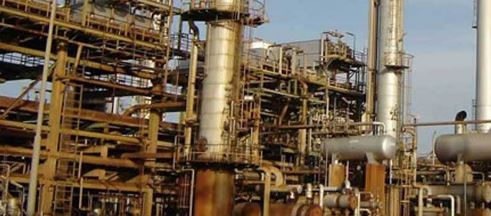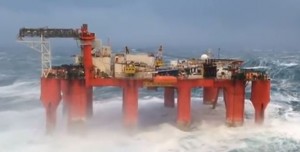
LONDON, United Kingdom. World oil prices appear on course to be lower for the longer term after Saudi Arabia ruled out production cuts and suggested high-cost producers should be allowed to fail to help rebalance the market.
The comments – made by the country’s oil minister Ali al Naimi at an event in Texas – were seen as being directed at the producers of US shale oil who have challenged the Saudi-led OPEC cartel’s share of the global market.
The boom in US production coincided with the slowdown in the Chinese economy to force down prices from highs of $115 a barrel for Brent crude in the summer of 2014 – trading above $32 today but as low as $26.
The result has been a record glut with no sign of stockpiles easing because of weak demand and the fact many nations are pumping more oil than ever to raise as much money as possible.
A barrel of US crude is currently around $30 – a price at which many shale operators are assumed to be losing money.
Mr al Naimi said: “The producers of these high-cost barrels must find a way to lower their costs, borrow cash or liquidate.
“It sounds harsh, and unfortunately it is, but it is the more efficient way to rebalance markets.
He denied any suggestion of a war with shale producers but prices plunged again in the wake of his comments, with US crude falling 5% while Saudi-produced Brent also fell back.
Just a day earlier, oil prices surged after the International Energy Agency predicted that oil supply and demand would balance next year because of a steep drop in new drilling, especially in the US.
OPEC members Saudi Arabia, Venezuela and Qatar have floated the idea of freezing production at current levels – with Russia saying it would join in if other major producers follow suit though nations like Iran and Iraq are wanting to pump more oil.
Iran has only just escaped the grip of international sanctions while Iraq is trying to raise money to fight its war with so-called Islamic State.
Dominick Chirichella, an analyst with the Energy Management Institute, said: “If a freeze even gets done it really does not accelerate the rebalancing of the global market, especially with Iran not participating.
He predicted that matching supply to demand would take “well into 2017,” he said.
Credit: Sky News




